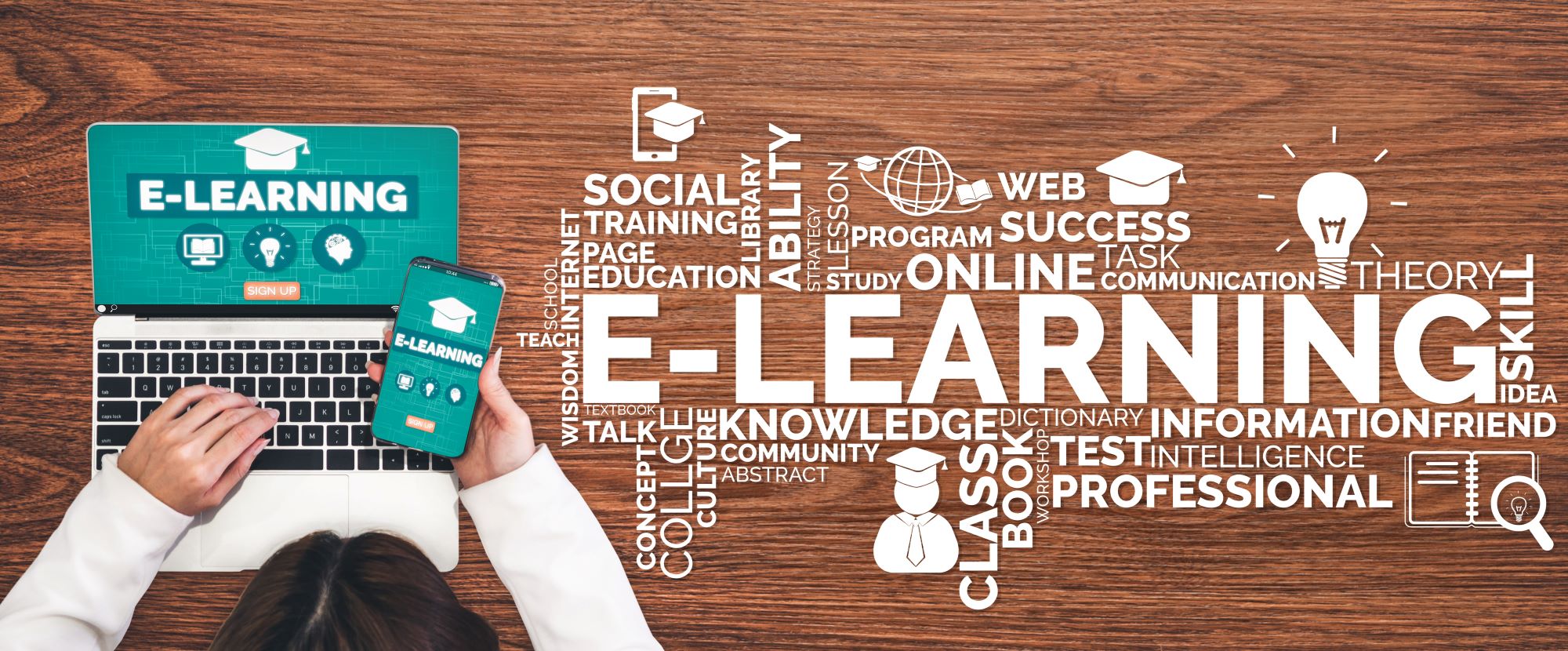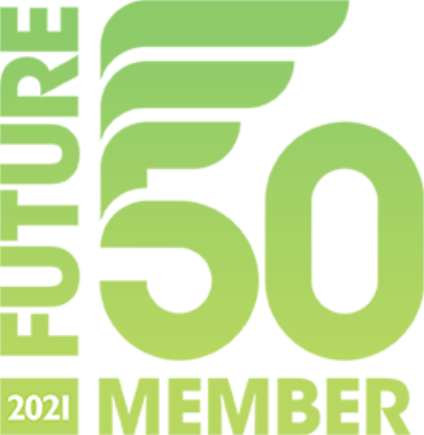

Elearning, elearning platforms, Learning Management Systems, LMS, Learning Experience Platforms, LXP. What are they? What do they do and are they the same thing?
It’s pretty understandable if your answer to these questions is: I don’t know!
Elearning brings with it a whole new lexicon. And as the world seizes this educational phenomenon, we also want to embrace the vocabulary that helps us understand the process.
Here we clarify the distinctions between elearning and Learning Management Systems (LMS), and address the common misconceptions between both.
Elearning, also known as electronic learning, digital, or online learning is the concept that encompasses the delivery of educational content and instruction through digital platforms. It is typically the process of delivering learning using the application of one or more technologies.
Elearning is facilitated through digital platforms, such as mobile phones, desktops, tablets and other devices. Elearning continues to develop and has been around for years starting with content being delivered on Laser Disc to content now being delivered via the internet.
The new technology platforms allow users to interact with the learning materials and access course content. Learning is democratised by the online process as it enables all learners equal opportunities to engage with content that is located in the same digital place. Development in technology allows for higher quality media and a range of functionality that that wasn’t previously available to users and developers.
There are a wide variety of forms of elearning, some of these include webinars, online courses, virtual classroom and the use of multimedia resources. The fact that the scope of access is so wide, means there is something out there for everyone-no matter how they learn or the manner in which they choose to access content. Elearning can be accessed in schools, with a teacher present, remotely, in the workplace or in blended learning setups.
Where technology is used innovatively, and consideration of differing types of learners is employed, elearning is engaging, stimulating and will lead to deep, long lasting understanding.
In much the same way, elearning has had a resonating impact on learners because of its flexibility. No matter what the time of day-or night, learners can access content, eliminating the feelings of being rushed, often associated with completing training or courses. Elearning also has the advantage of being easily accessible. Content can typically be accessed through most electronic devices, eliminating the need to travel to a traditional classroom-making it cheaper for users and hosts.
As we’ve mentioned, elearning or electronic learning, is a system of learning built on the use of technologies. Technology has become an ever-present aspect of life for the majority of us, often used as a relaxant, entertainment or an avenue into game play. These very same elements that we use for pleasure have been employed and used to help us learn.
Elearning will combine the reading of texts, with quizzes and online gamification to enable learners to complete course content. Access to videos and simulations also provide learning opportunities that people not just enjoy but feel motivated to access. Elearning draws on our innate love of technology and uses this to drive our learning forwards.
So, if we know that elearning is the method of learning via the use of one or more technologies.
Then, what’s a Learning Management System (LMS)?
In its simplest form an LMS is the software that enables course content to be designed, created, delivered and managed. It is a very specific type of elearning platform that allows hosts to facilitate multiple courses available to a variety of groups, track learner progress and manage administrative tasks. If you’re trying to picture it, it’s like a virtual school where learning is produced, taught and monitored. It contains its own resource library and administrative area to manage enrollment, payment and documentation.
In this virtual school, there is access to every type of learning material needed to complete the course. This content is accessible to all learners, whenever they choose to access it and it can be viewed as many times as the learner requires. Resources include videos, text, simulations, gamification and quizzes.
Just as in a traditional classroom, progress of participants is tracked, tracked by the software within the LMS platform. The data extrapolated is used in several ways. Learner progress can be viewed and areas of difficulty can be highlighted, thus giving instructors the opportunity to collaborate or give feedback to the course participants personally, setting reinforcement tasks where needed. In much the same way, entry level skills can be assessed directing participants to materials that best suit their abilities. Data can be used to assess the success of course materials and instantly update content that is out-of-date or is not meeting the needs of learners. The LMS takes over the role of grading content too, a mammoth and tiresome responsibility for the tutor.
An LMS allows you to take on the role of Head Teacher, overseeing and controlling content but it does the jobs of teacher, administrator and ICT technician.
We now know that elearning can facilitate the process of gaining skills or qualifications through the use of one or more technologies. Elearning can lead to the acquisition of both soft and hard skills. Elearning is now an option for those who wish to study for formal qualifications such as GCSEs and A-Levels, and it can also be used as a precursor for entry into professions in pretty much any industry or area.
And we understand that a Learning Management System (LMS) is the software platform that is used to design, create, deliver and monitor progress in learning. This is a digital school and the place where learners and instructors come together to access learning, collaborate and interact with each other and learning peers.
What is now important to recognise is that LMS is not the vehicle that drives all elearning. Elearning is delivered through an elearning platform. A LMS is a specific elearning platform that contains particular features. Course facilitators choose an LMS because of the software components. An LMS can house, create content and track progress, acting as a secure place for learners to access materials. An LMS can also facilitate interaction between students and instructors and peer to peer.
This means it is a platform not the only platform that is used to facilitate elearning. There are a number of different types of elearning platforms, not all are as broad in their scope as the LMS. The LMS sits under the umbrella of elearning platform and is a comprehensive management system that facilitates many aspects of elearning, hence the name Learning Management System.
So, in conclusion, we know that elearning is the process of learning a new skill or gaining a qualification via technology. Elearning can take place in school, remotely or in the workplace and will require access to an electronic device.
An LMS is a specific type of learning platform that encompasses the delivery of content but also contains software that tracks learner progress, extrapolates data and allows for management of course administration. We know that you do not need an LMS to distribute courses or access them, other platforms can be used for this. But, what makes the LMS a valuable resource to many in elearning is the range of duties it can perform, the way it diversifies learning for participants and its ability to guarantee learner progress is trackable and personalised.
As we enter the next global phase of elearning, the role of the LMS will grow and expand. Just as we recognise that elearning will revolutionise early education, academia and workplace learning, we must also understand that the LMS as a system of facilitation and personalisation will also continue to strengthen and grow.




